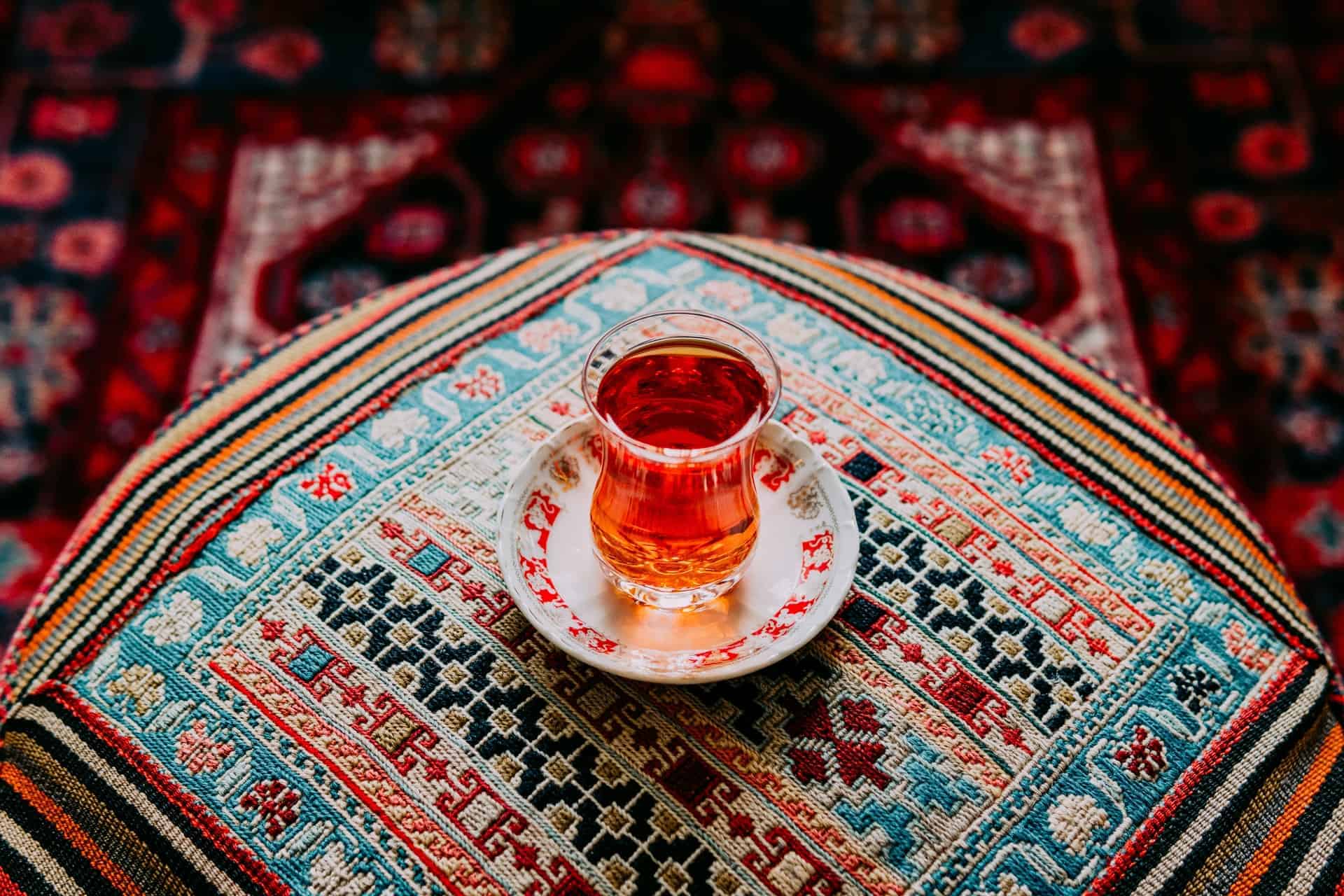
Fasting is helpful for your physical and mental health.

Photo by She gladly sees on Unsplash
For people with GERD, skipping Sahur can make stomach acid worse during the day, because the stomach will be empty for a long time. So, try to always Sahur before fasting. Besides being a "provision" for your body during fasting, food that enters your body when Sahur can also prevent stomach acid from rising into the esophagus.
After not eating and drinking for more than 13 hours, the condition of an empty stomach must be filled immediately. Do not delay eating when it’s time to break-fasting. The stomach needs food to be digested so that the stomach acid produced can directly process the incoming food.
Feeling very hungry after fasting is certainly a natural thing. However, do not let this make you crazy and devour all food quickly. Foods that are not chewed properly can actually trigger an increase in stomach acid. So, eat slowly, so that the stomach can digest food well.
Even though you feel very hungry, try not to eat too much when breaking the fast. Your stomach needs time to digest food. Eating with big portions or too full can also trigger an increase in stomach acid.















